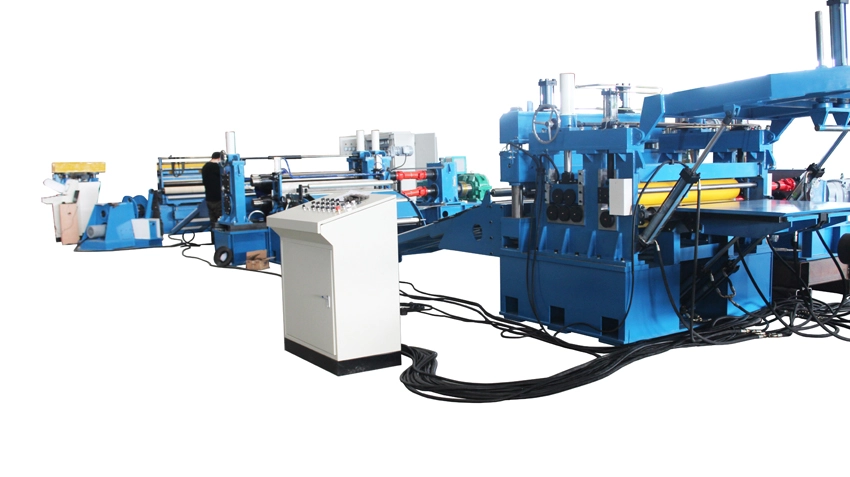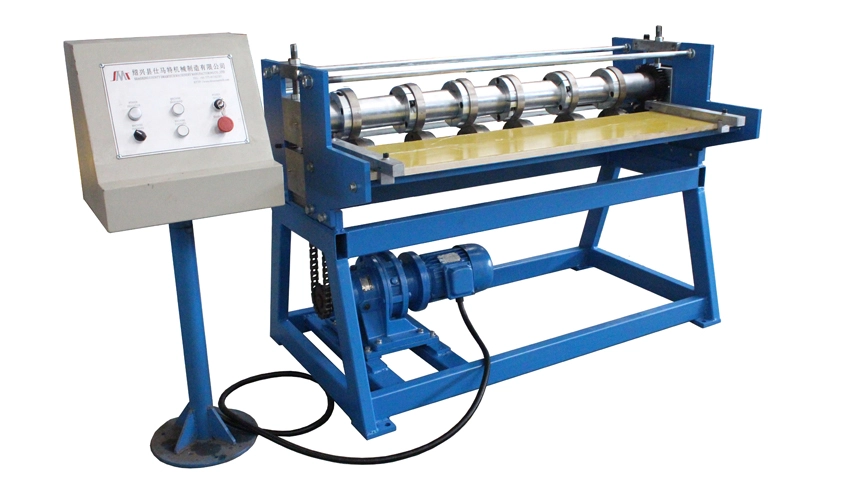Jul 04 , 2025
In the world of metal processing, precision and efficiency are everything. Whether you're dealing with galvanized steel, stainless steel, or aluminum coils, turning wide coils into usable narrow strips is a fundamental part of downstream production. That’s where a steel coil slitting machine comes into play.

A stainless steel coil slitting machine by slitting machine manufacturer is designed to cut wide master coils into narrower strips, often referred to as “mults.” These strips are then rewound into smaller coils for use in manufacturing processes like roll forming, pipe welding, stamping, or fabrication.
Industries that rely on slit coils include:
Construction – for roofing, wall panels, and structural components
Automotive – for body panels and interior parts
HVAC – for ductwork and panel casings
Appliance Manufacturing – for enclosures and structural shells
In short, if your production line needs metal strips in specific widths, a slitting line is not just helpful—it’s essential.

Thesteel coil slitting process is both technical and systematic. It ensures that every strip is cut to the correct width, edge condition, and length tolerance. Here’s how it works:
Uncoiling: Master coil loaded onto a powered mandrel (hydraulic expansion for grip).
Leveling: Flattening crossbow or edge wave via precision leveler rolls.
Slitting: Rotary knives mounted on arbors make longitudinal cuts (±0.001" tolerance).
Separating & Tensioning: Strips spaced via banana rolls; tension maintained electronically.
Recoiling: Individual narrow coils wound onto tension-controlled mandrels.
High-end machines also feature automatic edge trimming, scrap choppers, and PLC systems for tighter quality control and faster changeovers.
Choosing the right slitting machine for steel coil depends on your production needs, materials, and desired output specifications. Here are key factors to consider:
1. Material Type & Thickness
Make sure the machine can handle the gauge and tensile strength of your input coils. Different models are optimized for carbon steel, stainless steel, aluminum, etc.
2. Slitting Speed
Typical production speeds range from 60–150 meters per minute. High-speed lines are ideal for large-scale operations, but only if your upstream and downstream systems can keep up.
3. Number of Slits & Knife Design
The more knives the machine can handle, the more strips you can produce per pass. Look for adjustable tooling and easy blade change systems to minimize downtime.
4. Coil Width and OD/ID Handling
Match the machine’s capacity to the coil sizes you're working with. Pay attention to both outer and inner diameter limits, as well as maximum weight.
5. Automation & Control Systems
A modern slitting line should offer:
Touchscreen PLC controls
Auto blade positioning
Real-time monitoring
Fault detection and diagnostics
These features help you scale efficiently and reduce operator error.
In today’s metal processing environment, speed and precision are the name of the game. A well-chosen steel coil slitting machine doesn’t just cut metal—it cuts cost, waste, and lead time.
If you're producing metal components at scale, investing in the right slitting line is not a luxury—it's a competitive necessity.